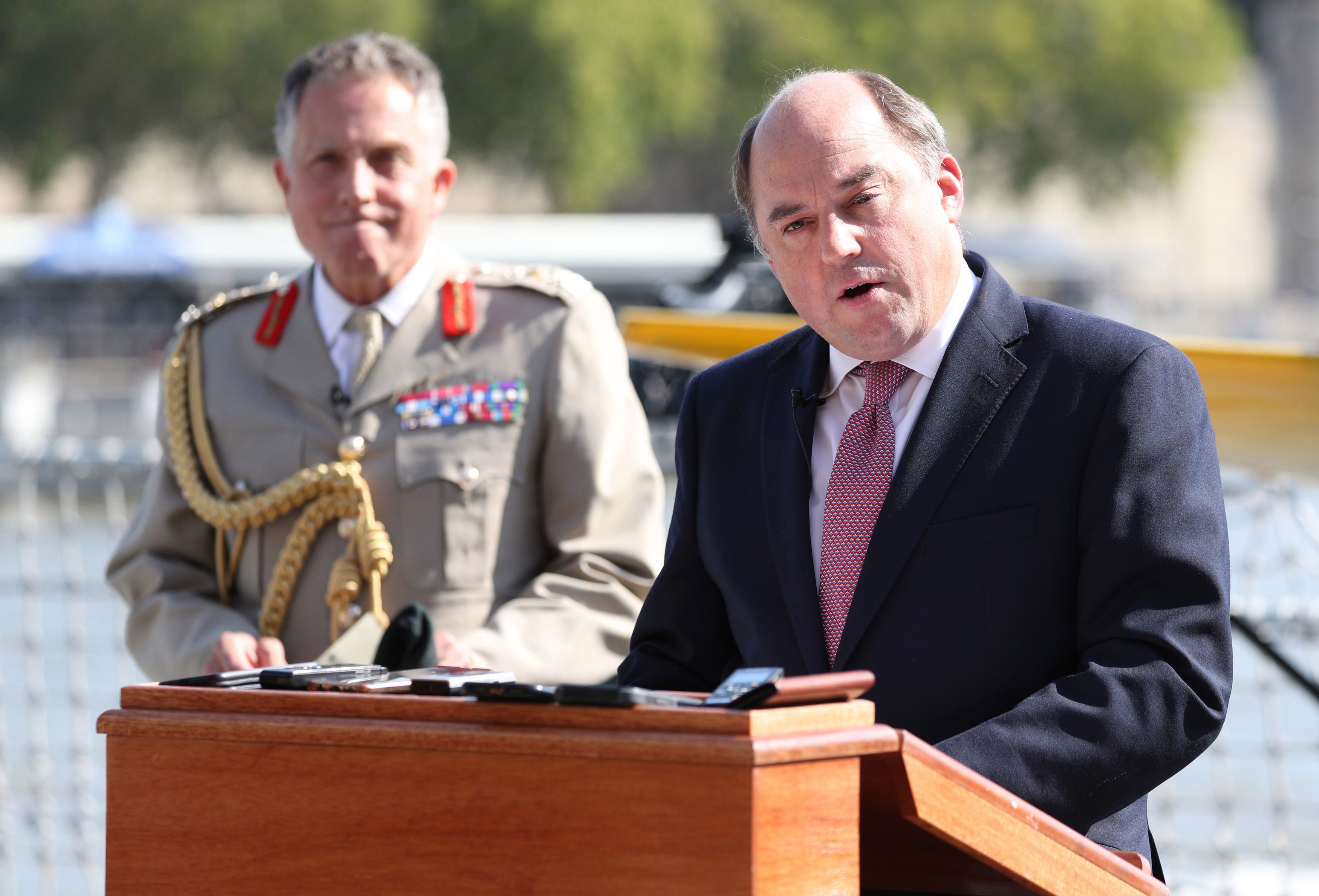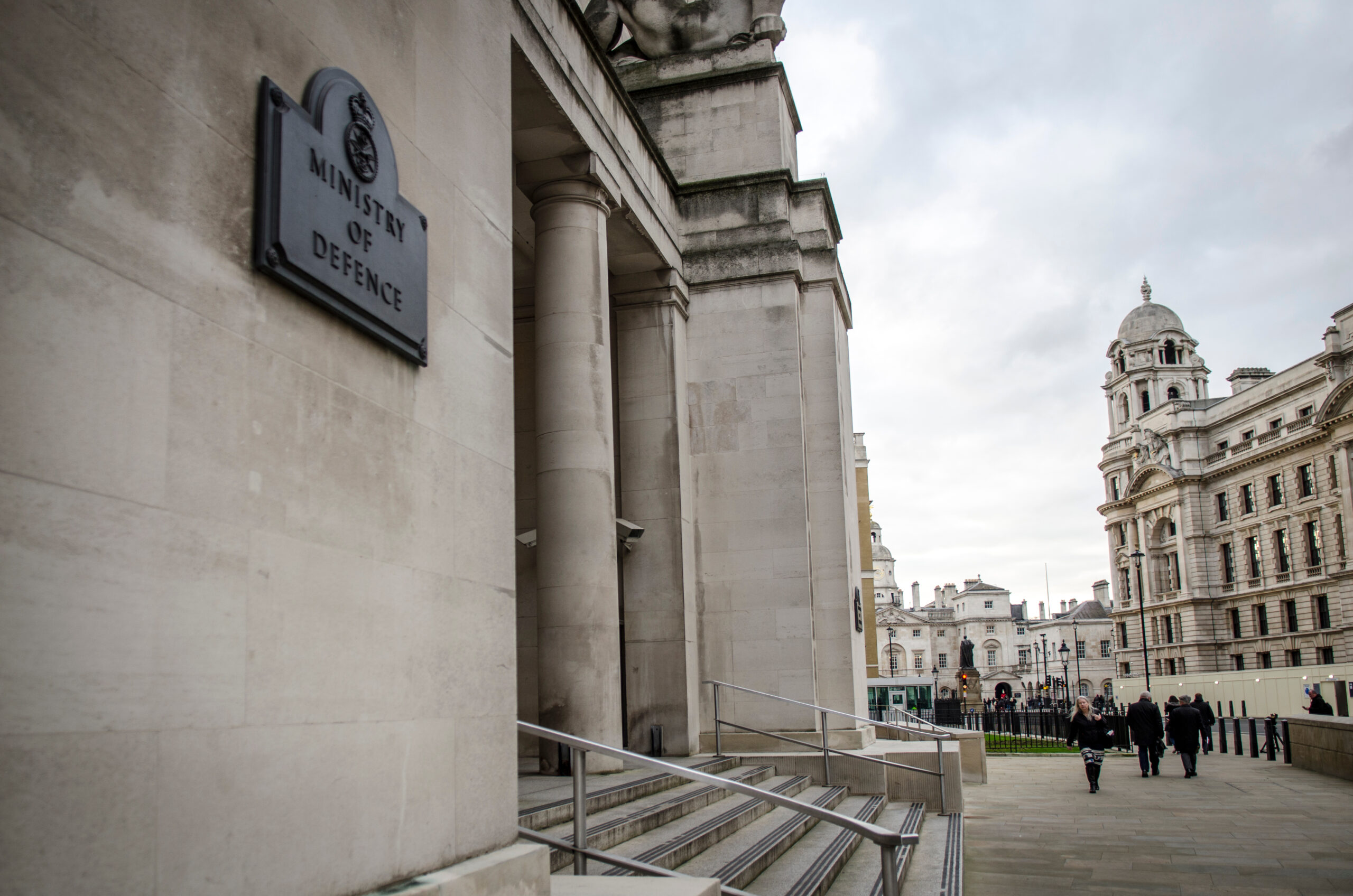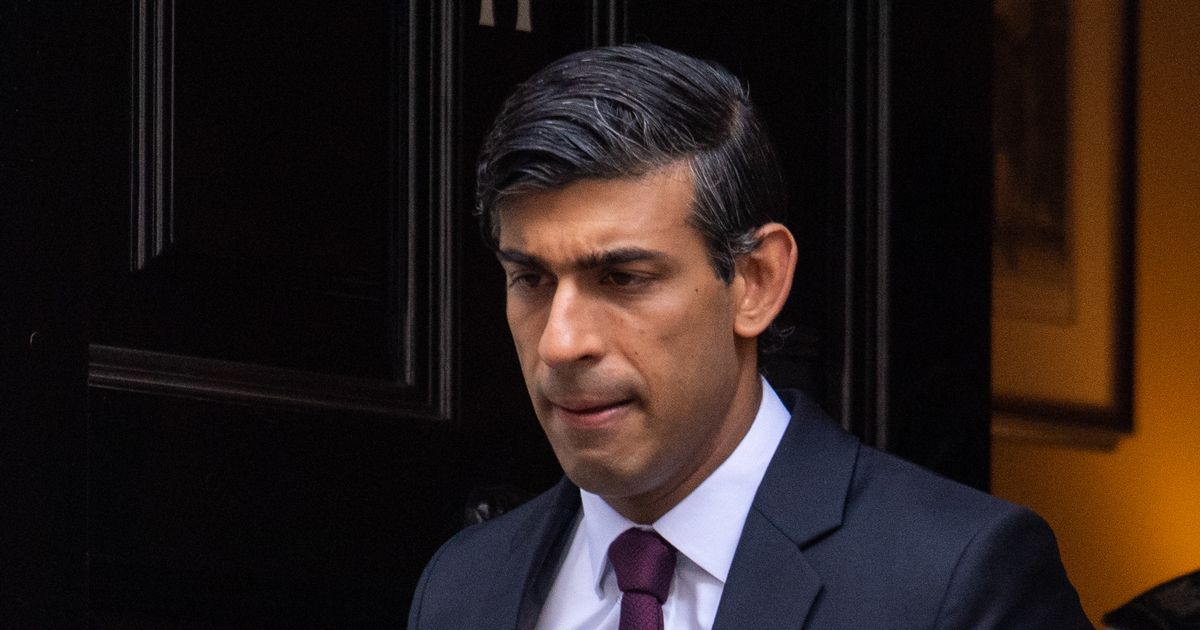Last month, when considering UK Defence’s ways of working after the COVID-19 pandemic, Angus Lapsley, Director General Strategy and International at the MOD, posed the following question on Twitter:

As you might expect, the resulting debate included a full range of views, with some well-considered, thought provoking responses, some knee-jerk reactions, and some frankly barking-mad ideas. One of the better responses, from the RAF’s Deputy Commander Capability is included below:

Most commentators took the view that change is inevitable. For example, an in-depth post on the Thin Pinstriped Line web-site concluded with the assertion “It is certain that Defence will change how it does its business and how it focusses its outputs.” @onUKDefence disagrees. Evidence suggests that the day after the COVID-19 pandemic, UK Defence will look much the same as it did before.
Impact of the UK Armed Forces response to the Coronavirus Crisis
At time of writing, there are no up-to-date statistics on the general public’s perception of the UK armed forces. However, given the considerable amount of positive media coverage regarding its ongoing military aid to the civil authorities (MACA) support during the coronavirus crisis, it’s likely to be close to an all-time high, and possibly not too far behind the public’s support for the NHS. According to the latest update on the government’s website, there are currently 2,845 personnel deployed to assist with seventy-three open MACA requests. Even where the government is facing criticism over its handling of certain aspects of the crisis, for example the distribution of personal protective equipment, the armed forces are usually seen as helping to solve the problem. With this level of public support, UK Defence should not find it difficult to argue that its current processes and procedures are fit for purpose.
Influence on the Integrated Review
As @onUKDefence has previously pointed out there is a danger that those charged with delivering the forthcoming Integrated Review may be pressured into introducing knee-jerk changes in defence and security policy as a result of the current crisis. Again, UK Defence can argue this away. Ultimately, the armed forces exist to “do harm to the Queen’s enemies and blow up their stuff”. Of course, they stand by to perform myriad other duties as directed by the government, such as noncombatant evacuation operations, disaster relief and MACA; however, those tasks do not define the military. Instead they are a day-to-day consequence of the UK armed forces preparedness for their primary role. Unless there is a fundamental shift in the government’s strategic viewpoint, which is very unlikely, this will not change.
UK Defence’s appetite for Change
The final reason that UK Defence’s way of working are unlikely to undergo significant change as a result of the coronavirus crisis is simply that UK Defence won’t want them to. That may seem a little crass, but there is plenty of evidence to suggest that, like most bureaucracies, UK Defence is able to accommodate significant efforts to change its practises and procedures and still emerge looking very much as it did before. The most obvious recent example of this is the Iraq Inquiry, led by former civil servant Sir John Chilcot. Even though the MOD created a Chilcot implementation directorate, under a two-star civil servant, to progress the defence-wide changes demanded by the inquiry, there is little evidence that any real progress was ever made.
For example, seven months after the Report of the Iraq Inquiry was published, the House of Commons Public Administration and Constitutional Affairs Committee (PACAC) completed a review on lessons still to be learned. While it recognised that the government was conducting a ‘lessons learned’ investigation across Whitehall, it did not identify any corrective actions being taken, or even considered, within the MOD. If UK Defence is able to ignore the lessons from what was probably the highest profile public inquiry of the last generation, which took seven years to complete at a cost of £13.1 million, it will probably be able to do the same after the inevitable post-COVID 19 Inquiry.
Conclusion
It is not the view of @onUKDefence that UK Defence’s ways of working are perfect and no changes to its processes and procedures are needed. In fact, the opposite is true. There is significant room for improvement, which, perhaps should be explored in a future post. However, that was not Mr Lapsley’s question. It is very difficult to change the direction of travel of the bureaucratic super tanker that is UK Defence, especially if it is not inclined to assist. No doubt some tinkering around the edges will be undertaken to appease the naysayers; however, like it or not, the day after the COVID-19 pandemic, UK Defence will almost certainly look much the same as it did before.






